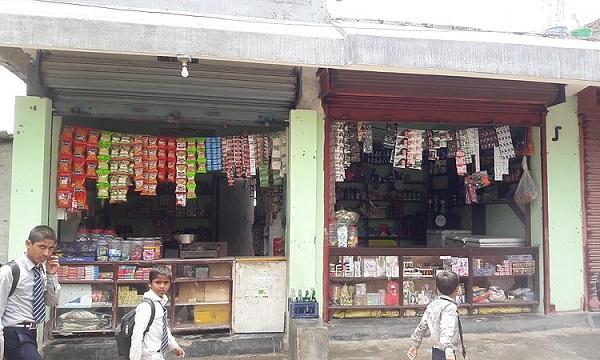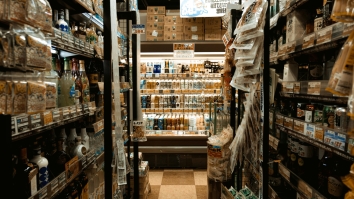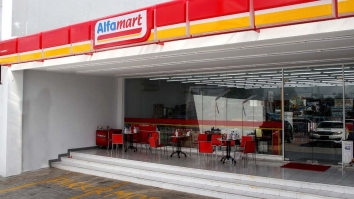
Long work hours, higher income boosts India's convenience store demand
New entrants are expected to struggle in competing with local stores.
India is seeing a surge in demand for convenience shopping as the population works long hours and income levels expand, according to a Fitch Solutions report.
Consumers in the country are projected to spend 29.4% on food and drink items by 2024, where they are expected to spend the most. Total household spending within the food and non-alcoholic drinks sector is tipped to grow 7.3% over 2020-2024.
According to data from the National Sample Survey Organisation (NSSO), Indian urban workers work an average of 53 hours per week in 2019, compared to the 40 hours average for OECD countries. This meant that they have less time for shopping and would be more reliant on convenience stores.
Despite pricier products in convenience stores, more consumers are expected to be able to afford them given an increase in disposable incomes, which Fitch projects to grow by 5.7% over the medium term.
“Whilst we note that Indian consumers still have planned purchase cycles and prefer weekly grocery runs, convenience shopping for food and drink plays an important role in consumers shopping patterns, specifically in urban areas,” the report stated.
The entry of e-commerce players are also expected to spark an evolution in the sector. E-commerce giant Amazon and grocery delivery firm JioMart have already entered the convenience store space through tie-ups with local kirana stores.
Meanwhile, new entrants like 7-Eleven have expanded into the market, bringing with them their modern convenience store model. However, they are expected to face a challenge from incumbent advantage.
For instance, in China, 7-Eleven accounts for only 1.8% of the market despite being the largest foreign store chain in the country. The market is instead dominated by local brands like uSmile (19%), Easy Joy (36%), Meiyijia (12%) and Tianfu (4%).
They are also expected to face legislative challenges, as the country’s laws require several items to have a maximum retail price. Further, the Model Shops and Establishment Act 2015, which allows stores to operate 24/7, has not been ratified in all states.
“This means the convenience chains that seek a longer term expansion strategy nationwide, might be curtailed in their expansion plans, unless they plan to work shorter hours,” the report added.
Photo by नमन भगत (Wikimedia Commons)























 Advertise
Advertise








